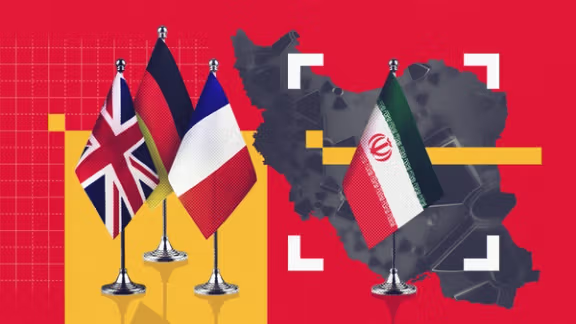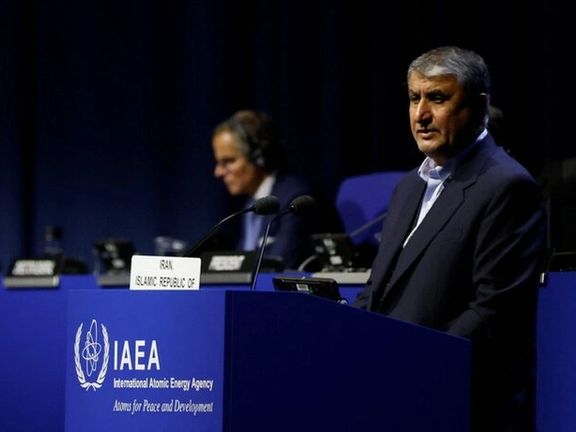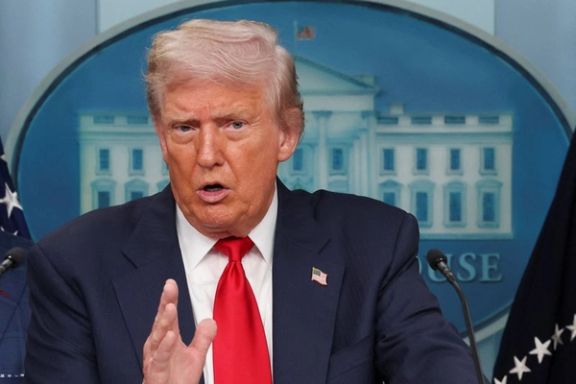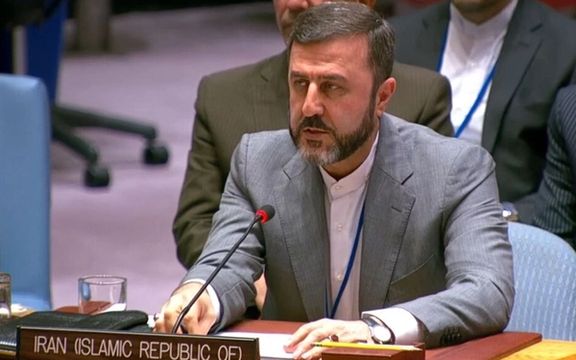Billions are flowing into Central Asia, the Caucasus and the Arab world while Beijing’s allies in Tehran and Moscow are left out of major infrastructure projects.
The latest figures on China’s Belt and Road Initiative (BRI) show the scale of the shift.
In the first half of 2025, Beijing invested more than $57 billion and signed $66 billion in contracts under the scheme. Neither Iran nor Russia appears on the list.
For Iran, this marks almost a decade without significant Chinese investment—the last major deal was in 2016, when CNPC signed on to develop South Pars Phase 11, only to pull out after U.S. sanctions returned.
Although Tehran, Moscow and Beijing often signal unity—through joint summits, military drills, and declarations that present them as a bloc challenging the West—China’s approach has been far more pragmatic.
In Washington and European capitals they are frequently cast as strategic allies, but Beijing has shown little appetite for sharing in Iran’s or Russia’s conflicts, and is not putting its money where its mouth is.
New routes
China is backing transport corridors that cut both countries out of Eurasian trade.
Cargo along the Central Asia–Caucasus–Turkey–Europe route rose 68% last year to 4.5 million tons, while traffic through Russia fell more than 45% in both directions.
Beijing now holds a 51% stake in the $4.7 billion Kyrgyzstan–Uzbekistan railway—which also links Kazakhstan and the Caucasus.
All these routes pass through Azerbaijan, which is set to launch the Zangezur Corridor along Iran’s border following an agreement with Armenia brokered by the United States.
Once complete, it could double Azerbaijan’s cargo transit by 2027, twice Iran’s total foreign cargo transit in 2024.
Energy leverage erodes
Azerbaijan is also moving to bypass Iran in gas supply.
Turkey’s new pipeline to Nakhchivan, completed in March, ends the exclave’s reliance on Iranian transfers.
Planned Azerbaijani gas exports to Armenia, Nakhchivan, and Turkey will further shrink Iran’s role, including its modest gas-for-electricity swap with Yerevan.
China invested $39 billion in the Middle East last year, and more than $19 billion in the first half of 2025—none in Iran.
Iran’s Arab neighbors are pushing ahead with mega-projects: Iraq’s $17 billion Grand Faw Port expansion to the Turkish border, Saudi-led Red Sea links, and renewable energy and oil investments across Turkmenistan, Azerbaijan, Kazakhstan, and Uzbekistan.
Isolation deepens
Sanctions, political unpredictability, and strained ties with the West have made Iran and Russia high-risk bets for long-term infrastructure projects.
A decade of continued Chinese uninvestment has compounded Iran’s marginalization.
As China, Arab states, and Central Asian neighbors weave tighter networks of trade, energy, and diplomacy, Iran risks falling further behind—economically and geopolitically—unless it repositions itself to join the region’s emerging connectivity map.







